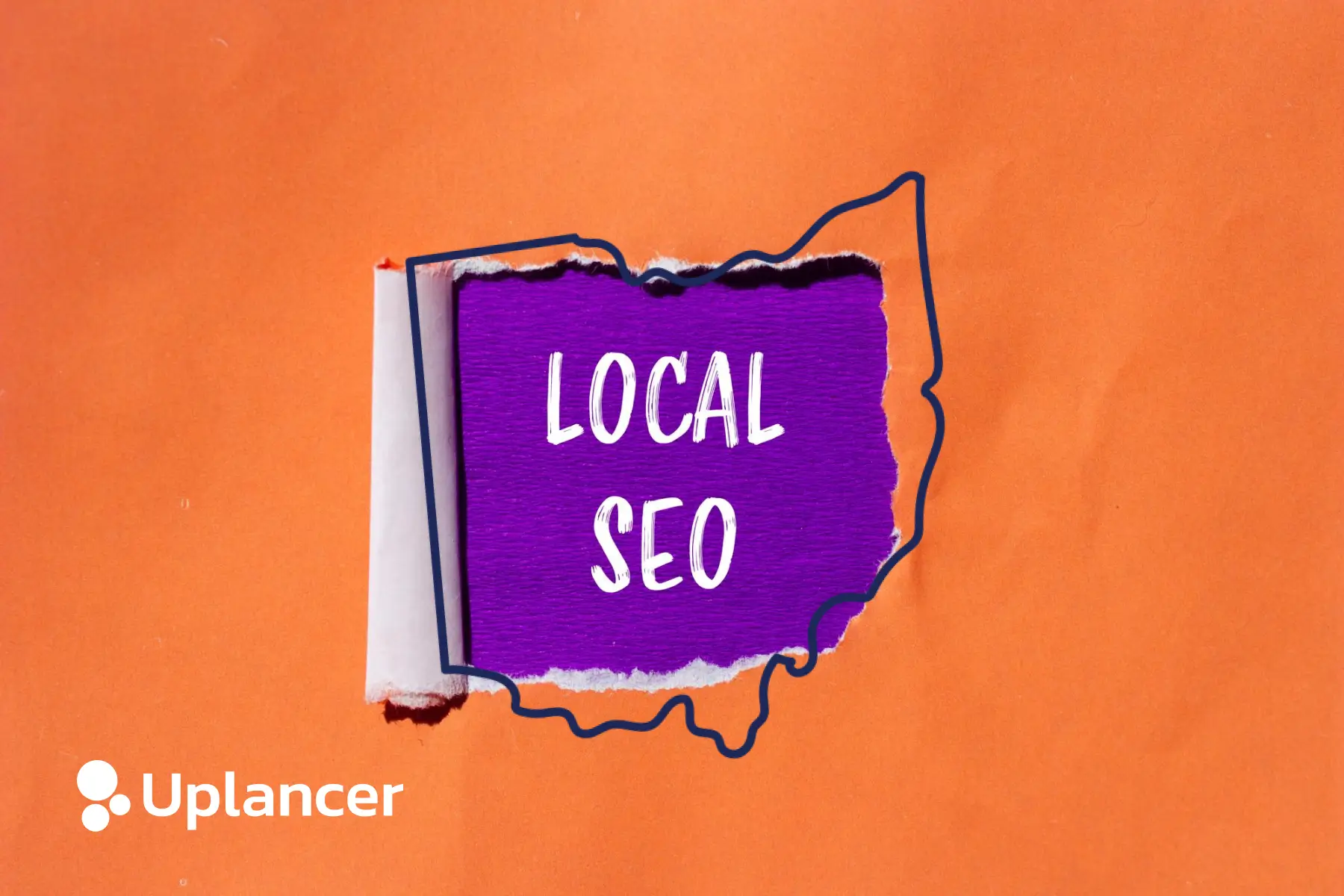1. Amazon Web Services – Amazon Lightsail as Your Hosting Provider
AWS provides many cloud services, including DNS, asset storage, database servers, content delivery networks, artificial intelligence, and machine learning. You name it; AWS probably has it! However, the downside of AWS is understanding what to use when you need a particular service. Oftentimes, using an AWS service requires deeper technical knowledge.
If you’re only looking for website hosting, AWS offers two options: an EC2 instance (I’d consider this overkill for a simple website) or Amazon Lightsail. Fortunately, Amazon Lightsail is a very user-friendly managed hosting service. With Amazon Lightsail, you can perform standard hosting tasks like:
- Connect to your website instance via SSH;
- Restart your server when it’s down;
- Spin up your website server from scratch in minutes;
- Implement a CDN, automate backups, and install an SSL certificate for your website; and
- Use a website builder to create and manage your website.
In general, we find that Amazon Lightsail allows for more flexibility and customization for website development than other hosting providers like Flywheel. As an AWS Partner Network consultant, Uplancer is deeply involved with AWS and can help you navigate website hosting and take your tech capabilities to the next level.
2. GoDaddy Website Hosting
Everyone knows GoDaddy. The second spot goes to GoDaddy, which has been around for a while and gets you the basics for website hosting. Like AWS, you can purchase domains, set up servers, and trigger your emailing service. As far as websites go, they pretty much have everything. There’s also tremendous support around their services, such as from their support team or information found on the GoDaddy forums. This comes in handy when troubleshooting and maintaining your website.
However, GoDaddy servers are known to be slow and more expensive than other hosting providers. In addition, GoDaddy makes it hard for you to migrate away from their service. That’s because many of their services are embedded within GoDaddy’s ecosystem, making it extremely difficult to switch services like email.
3. Webflow as Your Website Hosting
Our third spot goes to Webflow. It has grown in popularity over the past years, with about 3% of websites being built with it. Web flow is a designer-friendly tool that takes an all-in-one approach to website development. It is a quick and scalable way for web designers to pump out websites with limited technical knowledge.
The downside of using Webflow is that you can only use their proprietary website builder. The Webflow team manages and maintains their code and because of this, it is more expensive and offers less technical support than AWS and GoDaddy.
Therefore, you’ll find limited help with bug fixes, and the number of plugins available is far from those found on WordPress. Additionally, if you ever change to another website hosting provider, exporting and importing a Web Flow website can be difficult and may require a lot of development work. Webflow support will likely improve as new businesses use it, and because of this, we don’t consider it as the superior option to GoDaddy or AWS.
The Bottom Line / TLDR
Choosing the right hosting provider can feel overwhelming. To help you navigate this, we’ve highlighted our top three hosting providers for 2024. AWS offers robust cloud services with Amazon Lightsail, a user-friendly option for website hosting that gives you flexibility and scalability. GoDaddy is a well-known choice, but it can be slow and costly. Webflow is a designer-friendly platform ideal for building websites quickly with minimal technical expertise, though it’s pricier and offers less support and flexibility than AWS or GoDaddy. Each hosting provider has its strengths and weaknesses, so keep that in mind when selecting your next hosting provider.
Connect with Uplancer today to get your free consultation to select the perfect hosting provider for your business.













